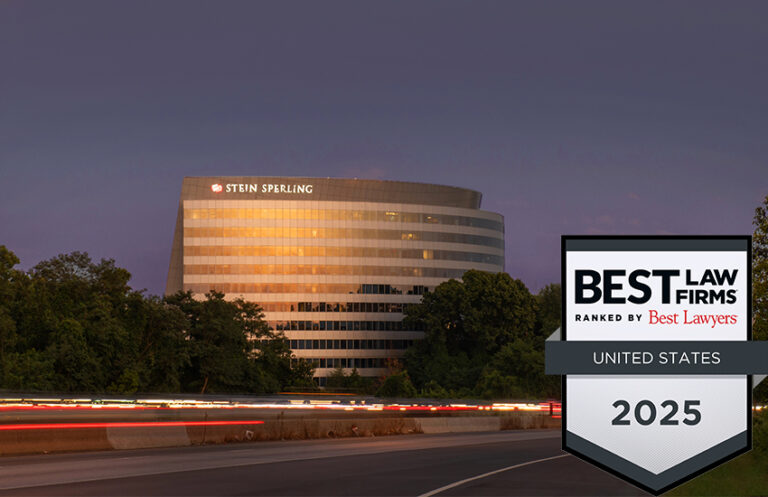December 14th, 2017
Can someone with a criminal record still pursue a personal injury claim?
Posted in: Personal Injury Tagged: R. Aron Benjamin
Author: R. Aron Benjamin

Having a prior criminal conviction does not mean that you lose the right to be compensated for someone else’s negligence. However, there are a couple of things to keep in mind if you have to go to court to pursue a personal injury claim.
1. Impeachment by prior convictionsIn Maryland, if you have been convicted of a crime of moral turpitude or deception, the other side may use that conviction to impeach your character when testifying. This means that if you have been convicted of a capital crime (murder, rape, arson, etc.) or a crime involving deception (theft, burglary, robbery, etc.) then you can be asked about it when you testify. Even so, this does not mean that you will not be awarded damages; it merely means that the judge (or jury) can consider your prior conviction when assessing your character. Just because you made a mistake in the past, does not mean that you aren’t entitled to fair and reasonable compensation for damages arising from an automobile collision. However, if you settle your case of out of court, these convictions are irrelevant in evaluating your claim.
2. DUIs and DWIs and citations at the scene of the accident.
If you have a prior conviction for any other crime, including driving under the influence or driving while impaired, the other side is prohibited from asking any questions or discussing it in court. Any prior traffic infraction, from a speeding ticket up to a DUI is off limits during your trial. When determining whether to award damages for an auto collision, a judge or jury can only take into account the facts of the current case and cannot hold your prior driving history against you.
Additionally, if you are concerned about your immigration status and whether it would affect your ability to be compensated in the event of an automobile collision, check out our article on this topic here.







